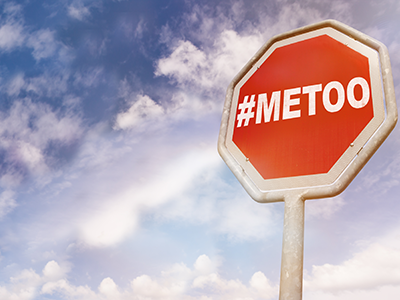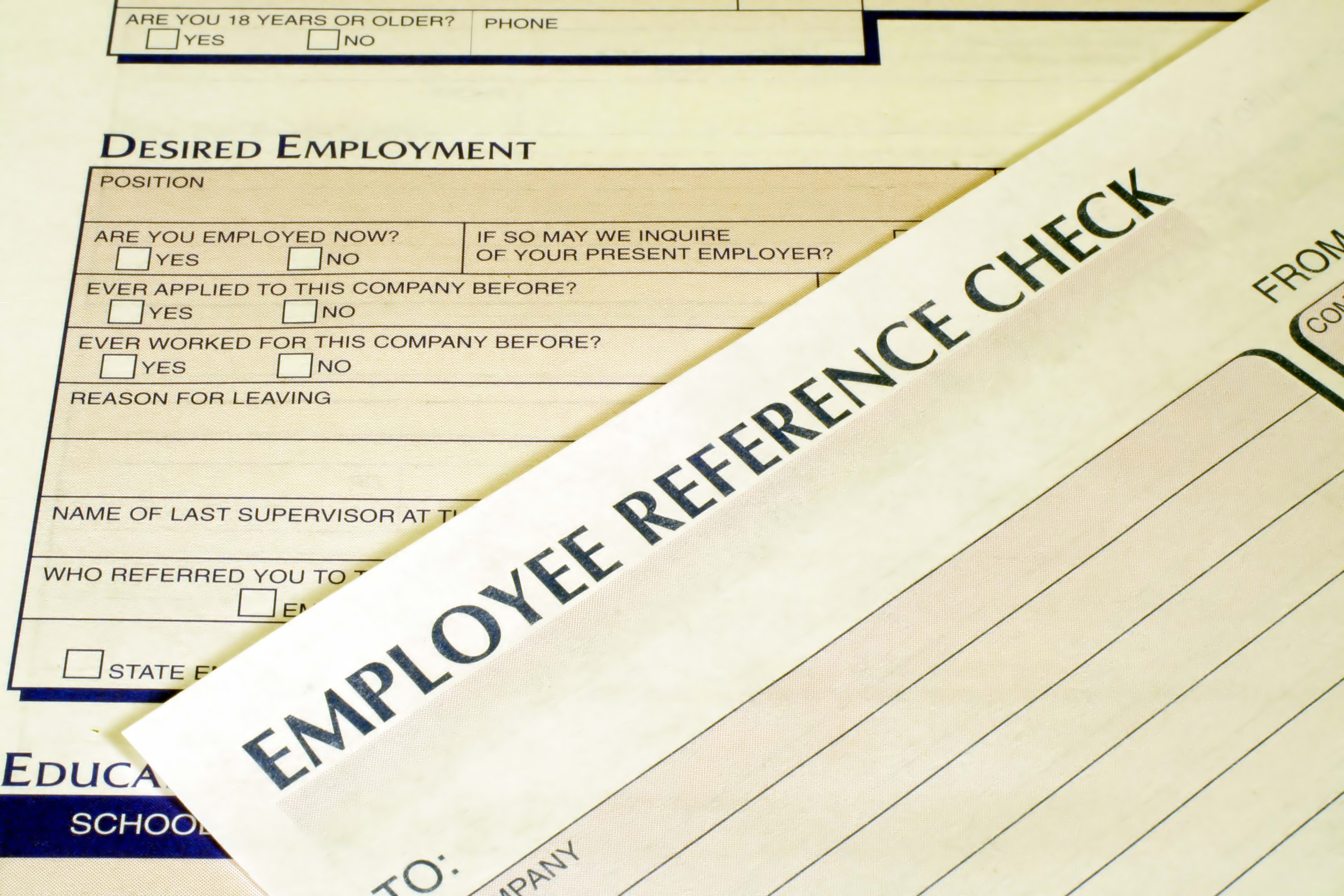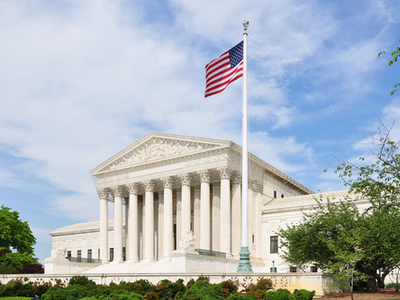Late last week and in anticipation of the October 9, 2018 deadline for compliance with the statewide sexual harassment prevention mandate (the “Mandate”), New York Labor Law § 201-g, New York State released a model policy, complaint form, and training module. The materials are still in draft form and the State is accepting public comments through September 12, meaning these documents are subject to change. The model policy, complaint form, training module, and FAQs are available here. Several portions of the sample documents exceed the Mandate’s minimum requirements, and some directly conflict with the position of other agencies.
NYS Advances its #MeToo Agenda: Draft Sexual Harassment Guidance Released











